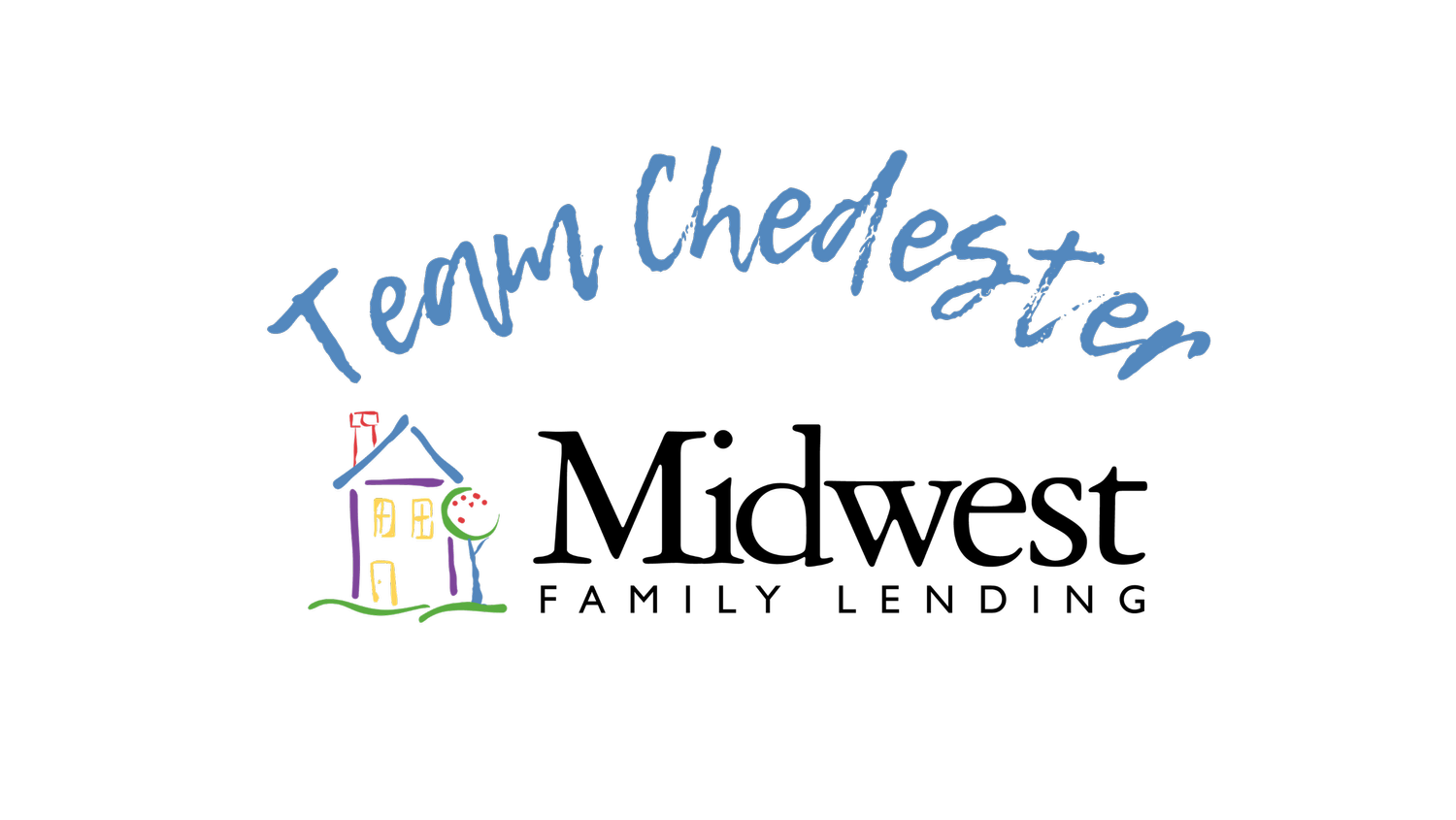Common VA & FHA Appraisal Issues in Polk County, Iowa — What Buyers Should Know
If you’re buying a home in Polk County with a VA or FHA loan, you may have already heard that appraisals on these loans are a little stricter than with conventional financing. That’s true — and for good reason. Both programs are designed to protect buyers and ensure the property is safe, sound, and structurally secure. But certain local conditions and repair issues often come up in central Iowa that can create delays or extra costs. Here’s what you should watch out for.
Why VA & FHA Appraisals Are Different
Unlike conventional appraisals that focus almost entirely on value, VA and FHA appraisers must also check the property against Minimum Property Requirements (MPRs) or Minimum Property Standards (MPS). These rules make sure the home is habitable, safe, and not in need of major repairs before closing.
Common Repair Conditions in Polk County
1. Roof Condition
Missing shingles, curling shingles, or obvious leaks are a red flag.
FHA and VA both require a roof with “reasonable remaining life.”
In Iowa’s climate, hail damage is common. Even if minor, an appraiser may call for an inspection or repairs from a certified contractor.
2. Peeling Paint
FHA and VA require peeling or chipping paint to be scraped and repainted due to lead-based paint concerns and protection of the underlying materials.
This can be a stumbling block, especially on garages, sheds, and exterior trim.
3. Foundation & Basement Issues
Many Des Moines-area homes have basements, and issues like water seepage, bowing walls, or cracked foundations are frequent findings.
Even if it’s “normal Iowa settling,” significant cracks may need evaluation by a structural engineer.
4. Utilities & Mechanical Systems
The appraiser must verify that heat, water, and electricity all work. If the home is vacant, it’s important to be sure these utilities are turned on prior to the appraisal to avoid another visit and cost.
Non-functioning furnaces or outdated knob-and-tube wiring often come up in older neighborhoods like Beaverdale or the East Side.
5. Safety Hazards
Missing handrails on stairways, broken windows, or unsecured decks can trigger repair conditions.
In rural Polk County, wells and septic systems may require inspection to confirm they meet FHA/VA standards.
6. Outbuildings & Detached Garages
Common in Iowa homes. If an outbuilding is in poor shape (roof caving in, exposed wiring, etc.), the appraiser may require repair or removal.
7. Pest Infestation and Structural Integrity
Signs of active or previous wood-destroying insect (WDI) infestation (termites, carpenter ants, etc.) or dry rot that affects the structural soundness of the home will be noted.
Any active infestation must be treated
Tips to Avoid Surprises
Pre-Inspect if Possible: Ask your real estate agent to help you spot obvious FHA/VA issues before you make an offer.
Budget for Minor Repairs: Sellers may push back on making fixes, so build in some flexibility.
Communicate Early: Let your agent know you’re using VA or FHA financing so they can prep the listing agent and seller.
Use Local Pros: Polk County has many local inspectors and contractors familiar with VA/FHA guidelines who can step in quickly, if repairs are needed.
Bottom Line
VA and FHA loans remain powerful tools for Polk County homebuyers — but they do come with stricter property standards. The most common stumbling blocks locally are roof condition, peeling paint, foundation issues, safety hazards, and outdated utilities. With the right preparation and guidance from your lender and real estate agent, you can avoid surprises and keep your home purchase moving smoothly.
